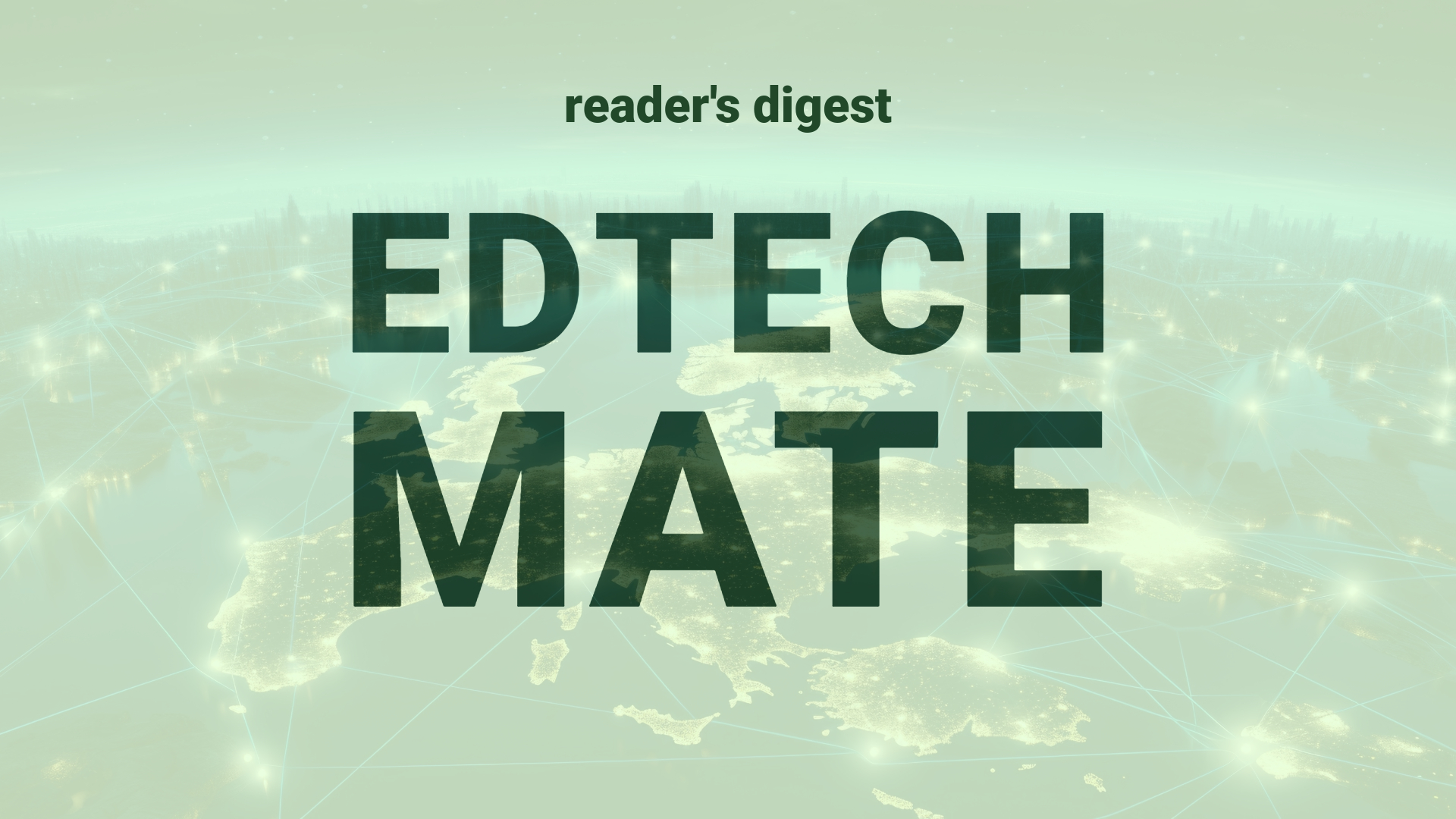Executive Summary and Main Points
The realm of academic research is undergoing a digital renaissance, with Artificial Intelligence (AI) at its vanguard. Innovations in educational technology are streamlining the literature review process—a staple of scholarly inquiry. Notable AI-powered tools facilitating semantic searches, such as chatbots like ChatGPT, are enabling researchers to query databases with natural language questions, thereby expanding their search efficacy. Tools like Lit Maps, Connected Papers, and Research Rabbit are revolutionizing literature exploration, providing landscape visualizations and citation networks that trace scholarly momentum and thematic connections. Moreover, AI is assisting in keyword generation for targeted literature searches, thereby unlocking novel avenues for scholarly investigation. The role of prominent academics and their digital footprints, such as up-to-date research portfolio pages, is also highlighted as a treasure trove for current publications and emerging trends.
Potential Impact in the Education Sector
The aforementioned technological advancements are poised to profoundly impact Further Education and Higher Education, propelling scholarly research into a new era of efficiency and interconnectedness. Micro-credentials, which attest to an individual’s competencies in niche academic areas, could be substantially enhanced by these digital tools. The ease of aggregating recent, relevant literature will enable faster curriculum development and course updates, ensuring content remains cutting-edge. Strategic partnerships between educational institutions and EdTech companies developing these AI tools could lead to enriched academic experiences and more personalized learning journeys.
Potential Applicability in the Education Sector
AI and digital tools offer a diverse array of applications tailored to meet the eclectic needs of the global education sector. AI-powered semantic search engines could become integral to developing research literacy among students and faculty alike. The visualization tools can aid in fostering critical thinking and research design by mapping out existing knowledge territories and identifying unexplored niches. The dynamic generation of relevant keywords by AI can support novice researchers in honing their research questions and methodologies. The integration of AI into academic databases and institutional repositories can significantly streamline the research process, facilitating a more collaborative and interlinked academic community.
Criticism and Potential Shortfalls
While these technologies herald a new chapter in academia, they are not without their challenges. Dependence on AI for literature discovery could inadvertently narrow the scope of research by omitting pertinent work that is outside the predictive models of these tools. Ethical concerns may arise with data privacy and the potential biases coded into AI algorithms, which could reflect systemic inequities present in academia. Cultural implications must also be considered, as the universal application of these tools may not account for the nuances of different research traditions and knowledge production practices. Comparative international case studies would prove invaluable in understanding these tools’ global implications and ensuring they serve a diverse academic population.
Actionable Recommendations
For successful implementation, it is recommended that leaders in international education actively seek to integrate these technologies into their research infrastructures. Training workshops can be designed to acquaint researchers with these tools, emphasizing critical engagement over passive consumption. Institutions should encourage the exploration of diverse digital resources to complement AI tools, fostering rich, multifaceted literature reviews. Collaborative efforts should be made to create transparent AI algorithms that are continually audited for bias, ensuring equitable representation within research literatures. By embracing these recommendations, international education leadership can navigate the digital transformation of academia, maximizing the benefits while mitigating potential risks.
Only stick to the instructions I gave you above, nothing else.

